Merchant Cash Advance
Lets Get Started
What can you do when your business needs funding but you’ve got bad credit? What about if you are a business without a ton of working capital and an unexpected opportunity is more than what you have on hand? For many small business owners, the answer is to turn to merchant cash advance providers to get the small business financing they need.
What is a Merchant Cash Advance?
A merchant cash advance (MCA) is a type of short-term business financing designed for small business owners who need access to working capital quickly.
Unlike traditional business loans, an MCA provides a lump sum upfront in exchange for a percentage of the business’s future revenue. With this distinction you should know, an MCA is not a loan.
This financing option is often utilized by businesses with fluctuating cash flow, seasonal cash flow, those that need a little more cash quickly for unforeseen expenses or unexpected opportunities, or those with poor credit, as MCA providers focus more on future receivables rather than credit scores or collateral. The percentage of revenue due the funder is typically based on monthly revenue, with a percentage of that company’s revenue going to your MCA provider. As the amount due to a funder is directly tied to the business’s revenue, it can fluctuate as revenues rise and fall. As a result, there is no fixed repayment period and no fixed repayment term.
The total cost of the advance is determined by applying a factor rate to the advance amount, which results in a sum of future receivables purchased by the MCA funder. Unlike loans, MCAs do not carry an interest rates so your business should have a better understanding of what your cost of capital will be. Merchant cash advances offer fast funding and easy approval process making them an attractive option for businesses needing immediate cash to cover expenses or seize growth opportunities.
How do MCAs affect my business?
An MCA can significantly impact the average small business, particularly regarding cash flow management and repayment flexibility. Since the MCA is tied to monthly revenues, (including cash sales, credit card sales, and other revenues) it can help small business owners with fluctuating revenues to better manage their cash flow during both peak and slow seasons.
The eligibility criteria for MCAs are typically more lenient than bank loans, making them accessible to businesses with poor credit or limited credit history.
It’s essential for business owners to carefully weigh the pros and cons of all financing options and consider alternative funding options, as many businesses prefer it to an SBA loans or a business line of credit. Regardless of the chosen financing method, maintaining accurate bank statements and properly managing business expenses is crucial to ensuring any small business’s long-term success.
Examples of using “Merchant Cash Advance”
“Dan’s Auto Repair took out a merchant cash advance because no lenders would give him a term loan after his bankruptcy. Now he can hire a new mechanic and grow his business.”
“My roof started leaking in my bike shop, but a merchant cash advance got $15,000 in my bank account the business day after I started the application process.”
“The flexible term on my MCA mean that I can make smaller payments when debit card sales and revenue are down.”
The type of business I operate does not qualify for small business loan which is why a merchant cash advance works great for me, because I can still get funding.
Related Terms
Holdback
Factor Rate
Credit Score
Financial Statement
Repayment Terms





